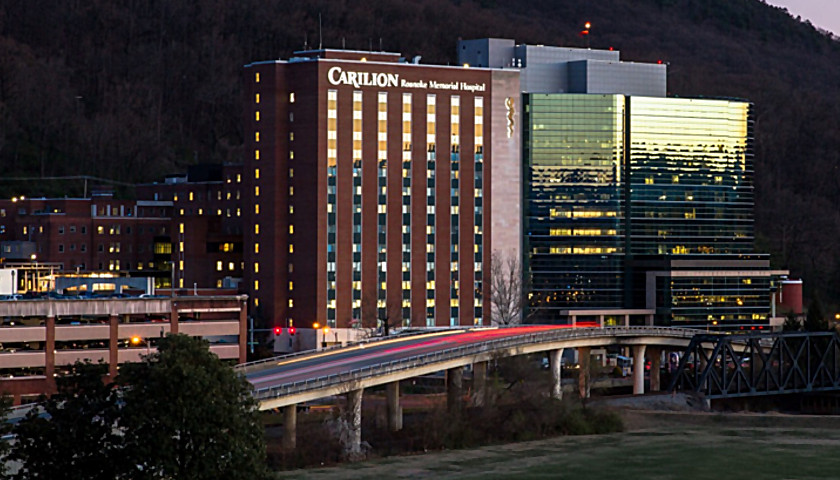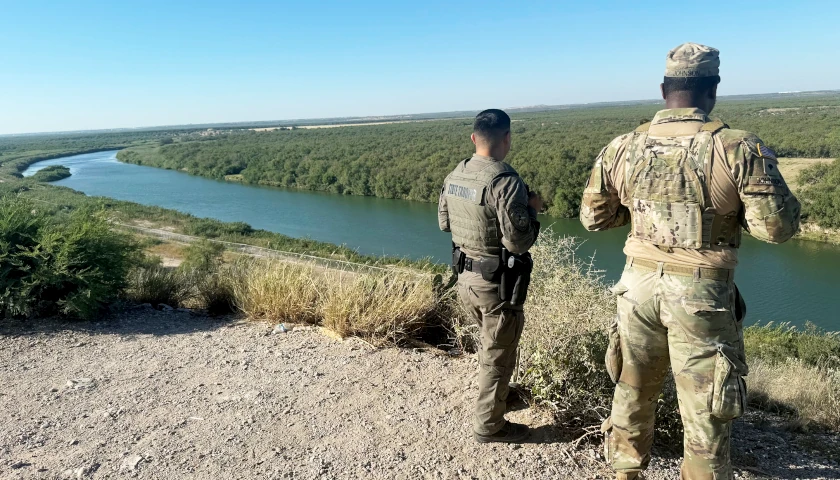Carilion Roanoke Memorial Hospital prevented priest Steve McNally from visiting COVID-19 patient Eugene Conti in the ICU for two weeks after Conti was admitted in September, according to The Roanoke Times. Conti died without receiving last rites.
McNally said that after Conti’s death, the hospital said that an employee had been mistaken in blocking him. “That person who misspoke had the authority to deny me access to my parishioner. And to deny a person his religious rights to have his pastor come to him. That’s an unforgivable, egregious, horrible thing,” McNally told The Roanoke Times.
In three similar cases, a hospital network in the greater D.C. area also blocked clergy from visiting patients, leading to intervention from a government department to protect the religious freedom rights of the patients. In Roanoke, the hospital re-evaluated its policies without government intervention, allowing clergy with proper PPE into the room when appropriate.
“In times of sickness and fear caused by the pandemic, we know the presence of a priest can be a great comfort to patients, especially those in need of the sacramental life – Communion, Reconciliation/Confession and the Sacrament of the Sick,” the Diocese of Richmond said in a statement spokesperson Deborah Cox sent to The Star.
Cox said she was unaware of any other cases where clergy in the diocese were blocked from access to patients. The diocese has created a pastoral care team who are healthy and not immune compromised who can visit sick patients. The diocese has also trained its priests on proper medical protocol for visitations.
“Our priests respectfully work with the various hospitals so they are able to administer the sacraments to those who have requested them in order to deliver God’s grace at a time when individuals are in most need,” the statement said. “As hospitals have been made aware of the sacramental needs of Catholics they have sought to be accommodating. At this time, we are not aware of any issues.”
In October, Passionately Catholic author Suzy Kelly told The Star that spiritual health is more important than physical health to believers. “The Anointing of the Sick, is spiritually healing and sometimes physically healing as well,” she said.
“Through the priest, the sick person receiving the anointing, is absolved of their sins. Often, the priest also gives the sick person Holy Communion, the Bread of Life. As human beings, we need food for not only our bodies but for our souls. The food for our souls is Holy Communion, Jesus in the Eucharist,” Kelly added. “Priests should always be allowed to visit the sick, in person, although taking the necessary precautions to avoid the spreading of disease.”
Eugene Conti’s wife Barbara had to attend her husband as he died without McNally’s presence. She told The Roanoke Times that she brought holy water and a rosary into the hospital. A hospital chaplain prayed with her outside Eugene’s room.
She said, “I did the best I could. I know God hears us, and I did what I could in the absence of a priest.”
The Virginia Star is asking religious organizations across Virginia to see if this is occurring anywhere else. Please send any tips about similar cases to [email protected].
– – –
Eric Burk is a reporter at The Virginia Star and the Star News Digital Network. Email tips to [email protected].




